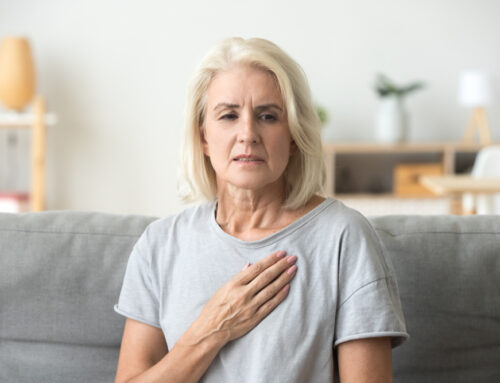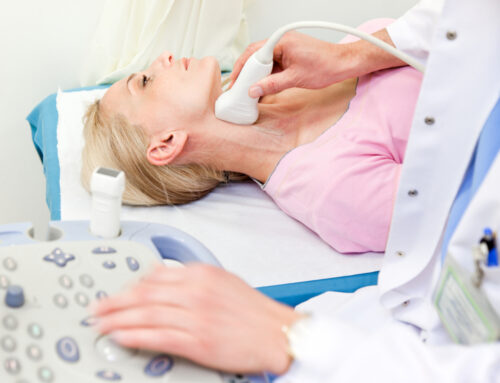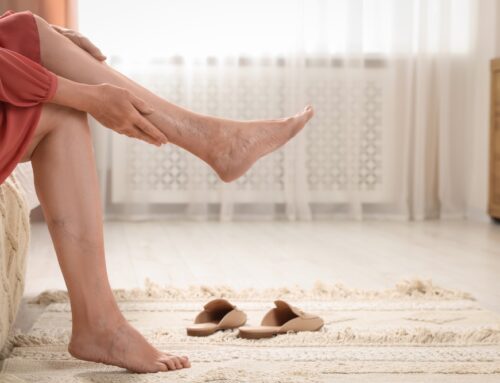We use our legs for almost all of our daily activities. This includes everything from jogging and walking to swinging yourself out of bed in the morning. They are vital not just for physical activity but for daily actions of any kind.
This is why it is so particularly important that we keep our legs in tip-top shape. Pain or discomfort of any kind in the legs can have a massive impact on our comfort and lifestyle.
Today we’ll talk about what heavy legs could be saying about your vein health and what can be done about it.
Why Do My Legs Feel Heavy?
Have you ever experienced a feeling of heaviness or aching in the legs? This feeling could have been at any time of day – either while sitting or moving. If you have, know that it’s not an uncommon occurrence.
A feeling of heaviness in the legs can occur due to various medical conditions. Today, we will talk about a few of the possible causes of this feeling.
Overtraining
The simplest and least worrisome reason for heaviness in the legs is a one-off case of overtraining. If you’ve recently completed a strenuous round of exercising and have no other visible symptoms, the heaviness in your legs might be normal.
Suppose, however, this heaviness is a common occurrence that does not pass, or it flares up over minor physical activity. In that case, you should consult with a vein specialist as soon as possible.
Chronic Venous Insufficiency
To start with, let’s introduce the term Chronic Venous Insufficiency (otherwise known as CVI). This is a commonly used term to describe the inability of blood to flow properly through your veins.
What is commonly seen in cases of patients with CVI is that vein valves malfunction and are unable to properly push blood along. As a result, blood stagnates and pools in pockets throughout your veins instead of circulating back up to your heart.
Another detail to note is that although chronic venous insufficiency is a venous condition, it’s more of an encompassing category of medical conditions. Below, we will go over some of the conditions related to it.
Related: What Is Chronic Venous Insufficiency?
Varicose And Spider Veins
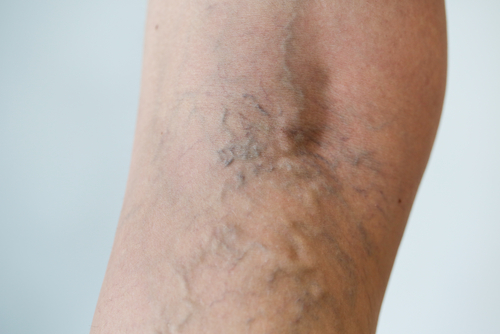
Perhaps the two most commonly associated conditions with CVI will be varicose and spider veins.
Varicose Veins
Afflicting millions of adults in the US alone, varicose veins are one of the most common health conditions in the world today. Fortunately, however, most varicose vein conditions pose little to no risk to your physical health.
Generally speaking, varicose veins can be identified by enlarged or bulging veins that appear bluish-purple in color. Additional symptoms may include itching, achiness, or a heavy feeling in the legs.
Related: What Are Varicose Veins?
Spider Veins
Put simply, spider veins are a lesser version of varicose veins. Spider veins can typically be identified by the appearance of small, thin veins spread out in a web-like pattern. Similar to varicose veins, they will appear to be a bluish-purple hue. Keep in mind, however, that if a vein is large or bulging, it is most likely not a spider vein.
Related: What Are Spider Veins?
Peripheral Artery Disease (PAD)
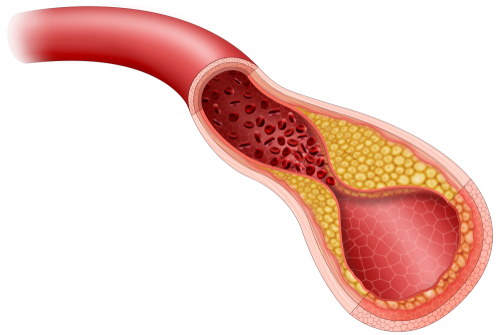
Another possible cause of heaviness in the legs is a less common disease called Peripheral Artery Disease (otherwise known as PAD).
PAD is a type of cardiovascular disease that occurs when fat deposits begin clogging up your arteries. As a result, blood flow is greatly restricted, and your circulation slows down.
Unlike other vein conditions, PAD typically occurs as a direct result of atherosclerosis and has a much clearer root cause.
The most common contributing factors to the development of atherosclerosis are obesity, diabetes, high blood pressure, high cholesterol, and other unhealthy lifestyle habits. In short, the healthier you are, the lower your risk of developing PAD.
Treatment For Heaviness In Legs
Now that we’ve established what heaviness in the legs might mean for your health let’s talk about how to fix it.
First of all, try to visit a vein specialist as soon as possible if you start experiencing persistent symptoms of achiness, itchiness, or heaviness in the legs.
Here at VeinSolutions™, we offer FREE vein screenings. During one of our vein screenings, a vein specialist will assess your symptoms and recommend a course of treatment.
If your symptoms are related to varicose or spider veins, your doctor will most likely recommend a minimally invasive procedure to treat the condition. Some common procedures for varicose veins include sclerotherapy, venous ablation, and microphlebectomy. All of these procedures can be performed in under an hour and require little to no recovery time.
Treatments for Flawless Vein-Free Legs
If, however, your symptoms are related to a condition such as PAD, your doctor may also recommend lifestyle changes. These could include things like eating healthy, weight loss, or staying physically active.
Frequently Asked Questions
We hope that this article helped answer some of your questions regarding heaviness in the legs. Just in case, however, here are a few more FAQ’s from us.
What Does It Mean When Your Legs Feel Heavy?
Heavy legs can sometimes be a symptom of a vein condition. If the sensation of heaviness persists longer than a day or is accompanied by any physical symptoms such as bulging or bluish-purple veins, it’s best to consult with a vein specialist.
Likewise, if you begin to experience other symptoms of discomfort such as itching, aching, or pain, you should immediately consult with a medical professional.
What Vitamin Deficiency Causes Heavy Legs?
Deficiencies in vitamins such as D or B-12 might have a fatiguing effect that is similar to the feeling of heaviness in the legs. Having said that, consistent heaviness in the legs is more likely to result from a vein condition such as varicose or spider veins.
Why Do My Legs Feel Heavy When I Run?
Heaviness in the legs during physical activity is most likely the result of not having enough blood circulating. This heaviness can be caused by conditions such as varicose veins or PAD.
Heaviness in the legs can also be associated with athletes that overtrain. Exercising vigorously every day may not give your leg muscles enough time to recuperate, resulting in that heavy feeling. If this is the case, try to take breaks in between exercise sessions and train more moderately. This will give your muscles the chance to recuperate in between training sessions.
If, however, you feel pain or experience other concerning symptoms, don’t hesitate to consult with a medical professional.
What Are Heavy Legs A Symptom Of?
As mentioned earlier, heavy legs can be a symptom of a variety of different conditions such as varicose veins, PAD, overtraining, and more.
The best way to find the root cause of your symptoms is always to consult with a medical professional. A vein specialist will be able to perform a physical examination and/or a venous ultrasound to diagnose your condition.
What Is Restless Leg Syndrome?
Restless leg syndrome is an uncomfortable condition that is defined by an uncontrollable urge to move or shift the legs. Most patients that are diagnosed with this condition report uncomfortable symptoms such as itching, crawling, creeping, tingling, aching, or throbbing in the legs. Movement typically helps ease symptoms temporarily, therefore earning the condition its name.
Vein Clinic Near Me
Are you looking for a highly-qualified vein specialist in the Michigan area? Look no further! Here at VeinSolutions™, we offer a staff with over 50 years of experience and medical knowledge. Even more importantly, however, we offer a staff that cares about their patients.
Our vein clinic offers a variety of treatments such as sclerotherapy, venous ablation, or microphlebectomy. In addition to all this, however, we also offer FREE vein screenings. This way, you’re able to come in and get your symptoms assessed without worrying about any consultation fees.
Simply call or visit our website to book your appointment today. For your convenience, VeinSolutions™ offers locations in Flint, MI, and Lapeer, MI.
Request A Consultation
Give Us A Call:
(810) 232-3363
Give Us A Call:
(810) 232-3363
